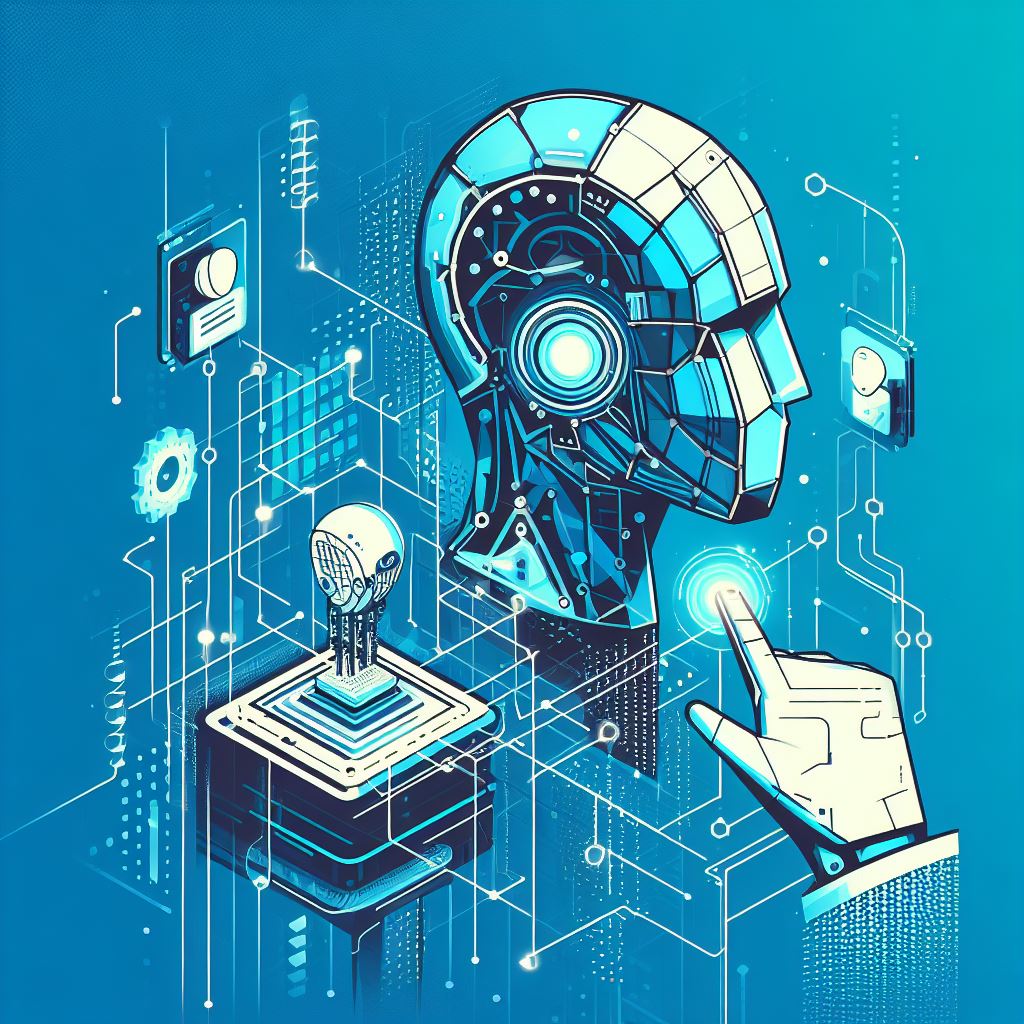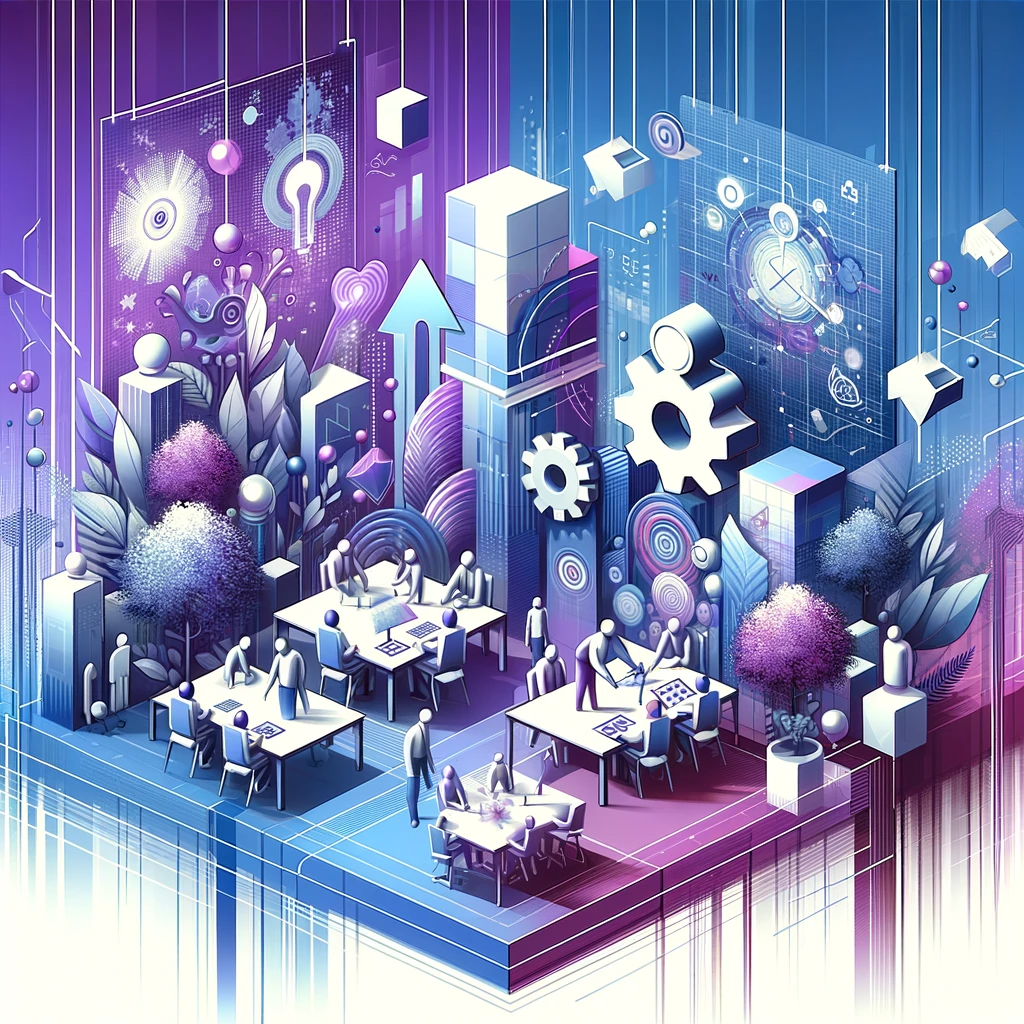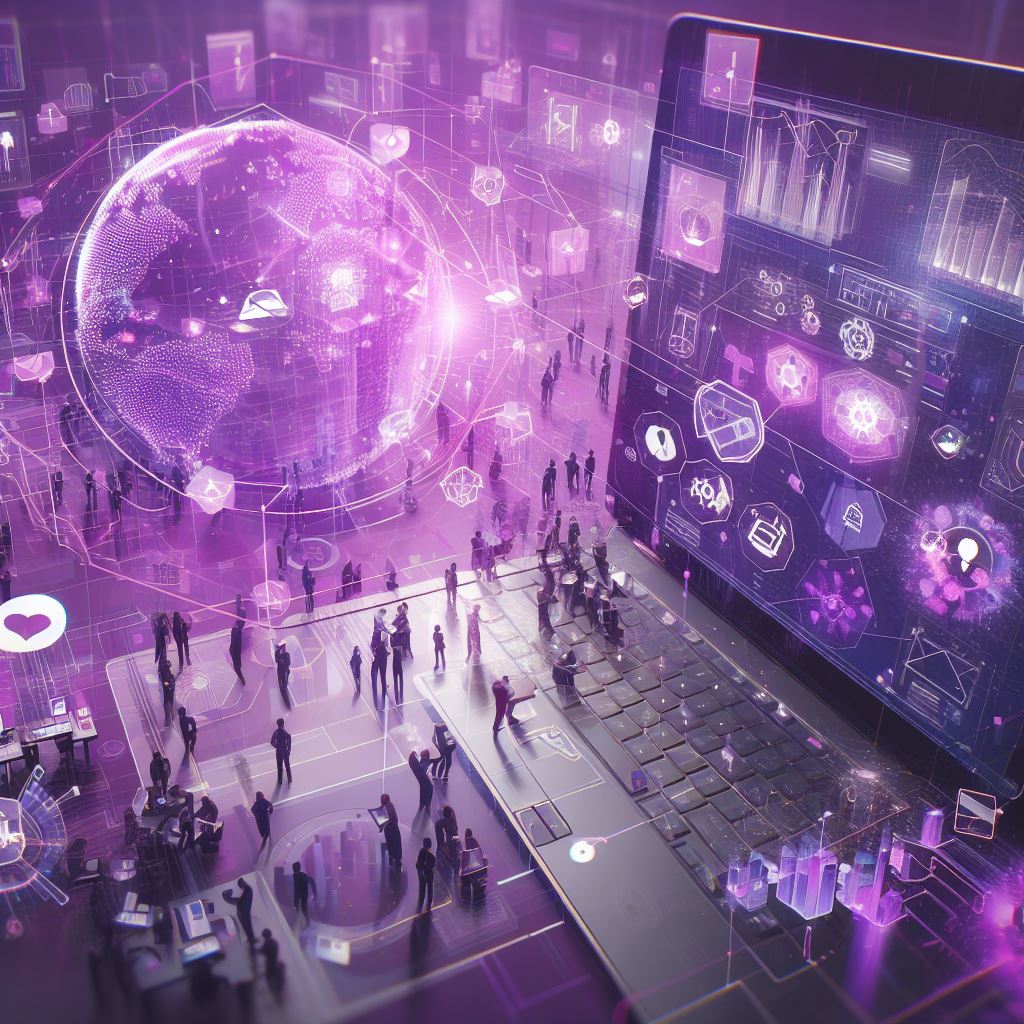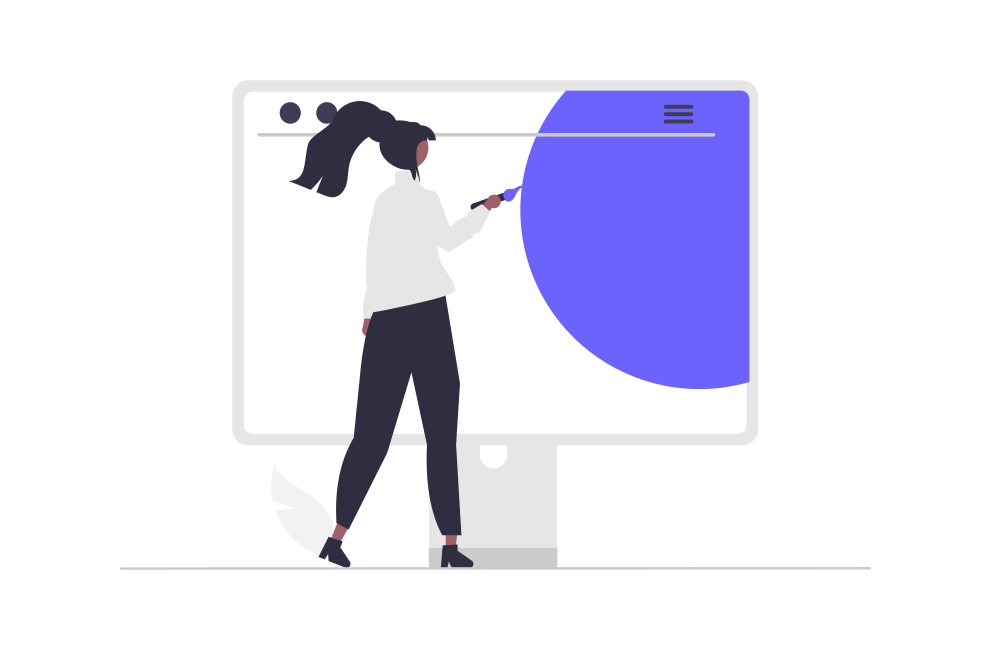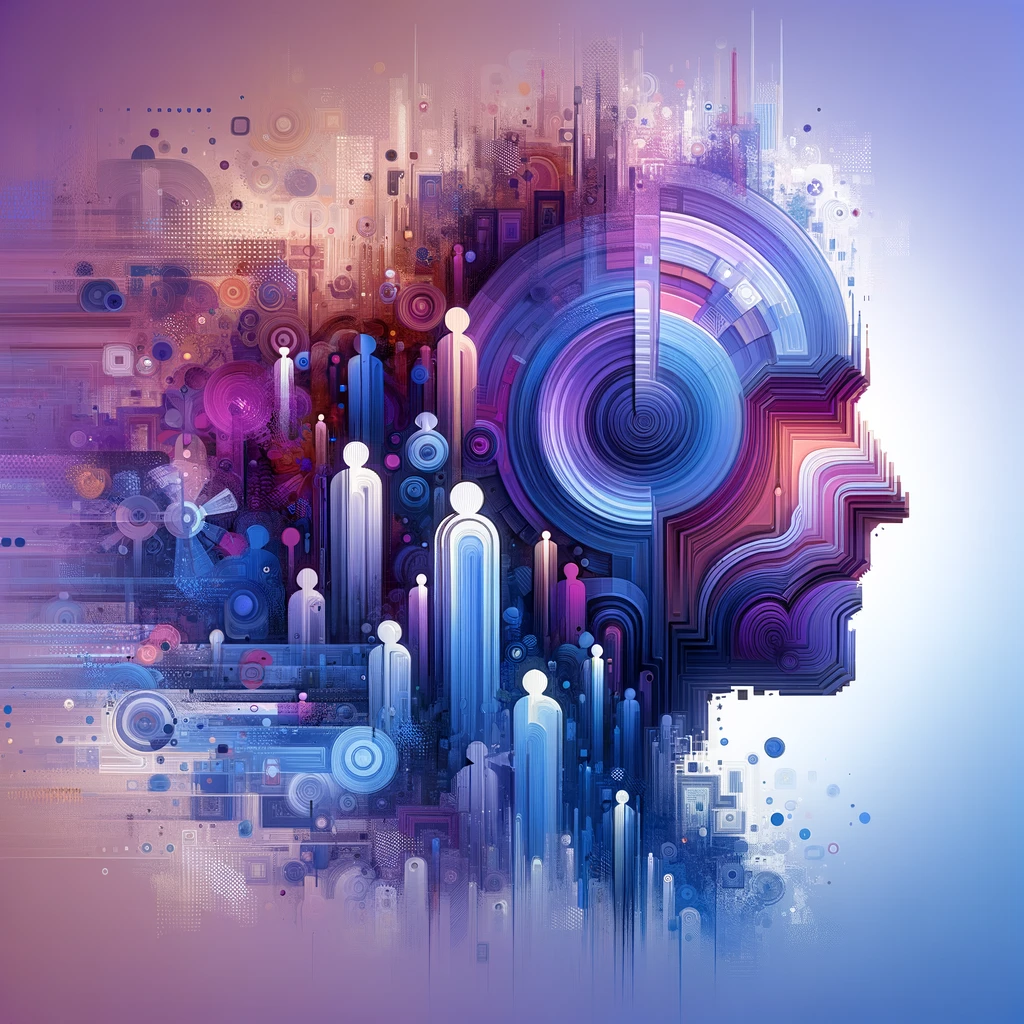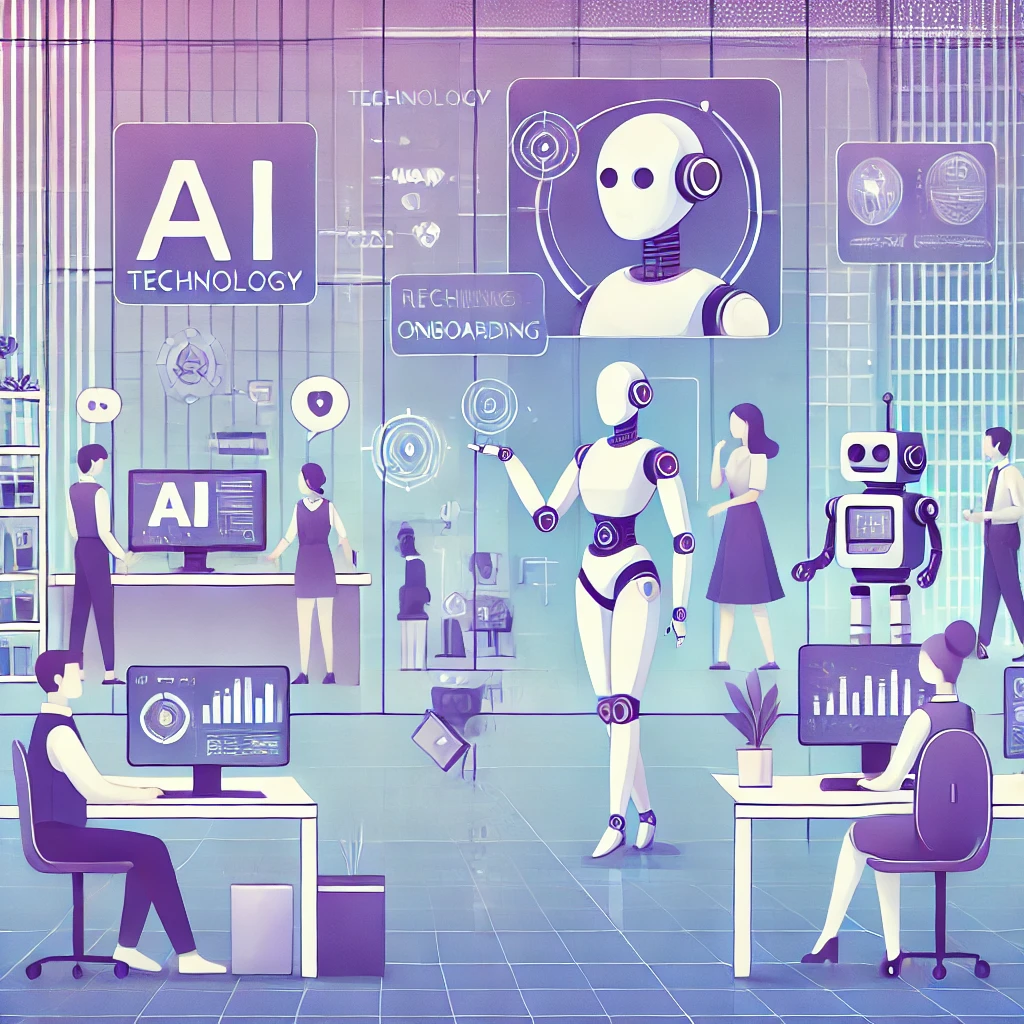AI and Automation in HR: A Deep Dive into Opportunities and Concerns
In the evolving landscape of Human Resources (HR), Artificial Intelligence (AI) and automation stand out as transformative forces. These technologies promise to revolutionize HR processes, but like all innovations, they come with both advantages and challenges. Let’s delve into the multifaceted impact of AI and automation on HR.
The Upside: Benefits of AI and Automation in HR
Based on a study by Gartner, 76% of HR leaders are of the opinion that without adopting and integrating AI solutions, like generative AI, in the upcoming 12 to 24 months, their organization will fall behind in terms of success compared to those that embrace the technology. Let’s dive into the upside of automation!
1. Enhanced Recruitment Processes
AI can sift through vast numbers of applications, identifying potential candidates based on specific criteria. This not only speeds up the hiring process but also ensures that the most suitable candidates are shortlisted, reducing biases and human errors.
2. Personalized Employee Development
Automation tools can track an employee’s performance, strengths, and areas of improvement. Using AI, HR can then offer tailored training programs, ensuring that employees receive the guidance they need to thrive.
3. Efficient Data Management
With the vast amounts of data HR departments handle, automation ensures efficient data storage, retrieval, and analysis. AI can further analyze this data to provide insights, helping HR make informed decisions.
4. Streamlined Administrative Tasks
Routine tasks like payroll processing, leave management, and benefits administration can be automated, freeing up HR professionals to focus on more strategic initiatives. A recent study by Harris Interactive and Eightfold.ai indicates that those who adopt AI see a 19% improvement in reducing the time HR dedicates to administrative duties.
5. Proactive Problem-Solving
AI can predict potential HR issues before they escalate. Whether it’s identifying patterns that might lead to employee attrition or forecasting recruitment needs, AI offers a proactive approach to HR challenges.
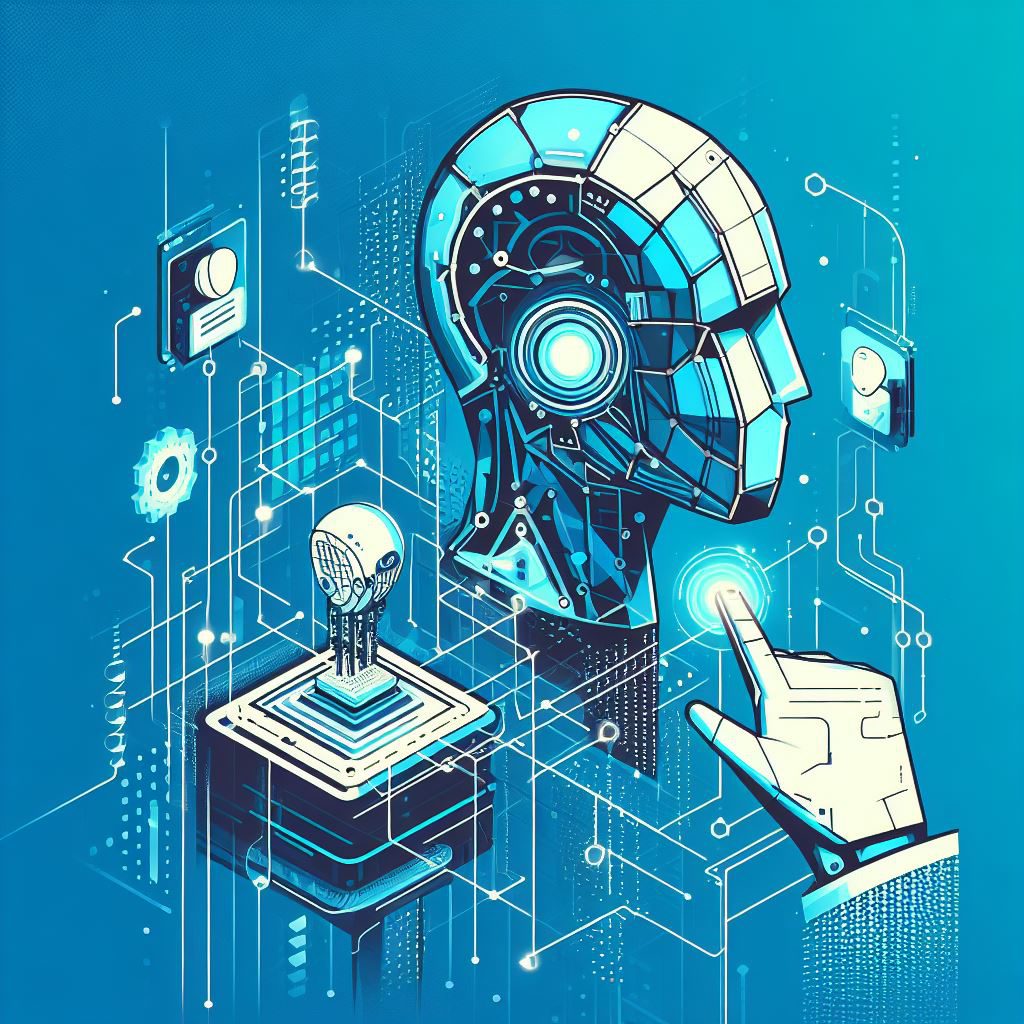
The Flip Side: Challenges of AI and Automation in HR
1. Data Privacy Concerns
With AI analyzing employee data, there are valid concerns about data privacy. Ensuring that sensitive employee information remains confidential and is used ethically is a significant challenge.
2. Dependence on Technology
Over-reliance on automation can lead to a lack of human touch in HR processes. Striking a balance between automated efficiency and human-centric approaches is crucial.
3. Skill Gaps and Training
As AI and automation tools become more prevalent, there’s a need for HR professionals to understand and manage these systems. This can lead to skill gaps, necessitating continuous training and upskilling.
4. Potential Job Displacements
There’s a looming fear that automation might render certain HR roles obsolete. Managing this transition and ensuring that employees are reskilled or upskilled to take on new roles is a challenge.
5. Ensuring Accuracy and Reducing Biases
While AI can reduce human errors, it’s not infallible. Ensuring that AI systems are accurate and free from biases (especially in areas like recruitment) is essential to maintain fairness and integrity in HR processes. A survey conducted by Harvard Business School revealed that 88% of HR executives discovered their tools were dismissing qualified applicants. The algorithm rejected many qualified job seekers who may be missing just a few skills from the list.
Conclusion
AI and automation are undeniably reshaping the HR domain, offering a blend of efficiency, personalization, and proactive strategies. However, with these advancements come challenges that HR professionals must navigate. Embracing these technologies while being aware of their limitations and potential pitfalls will be key to harnessing their full potential in the realm of HR.
